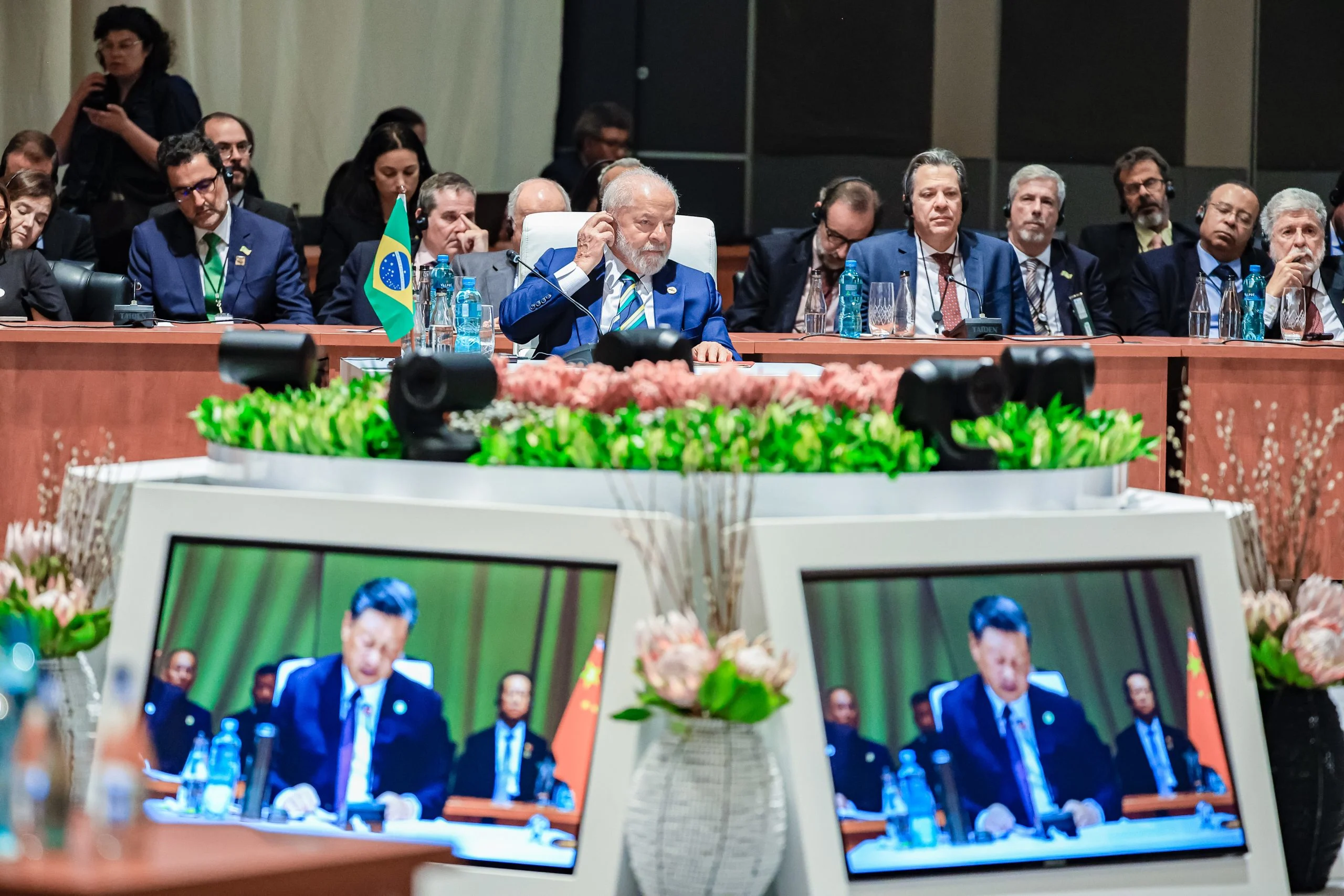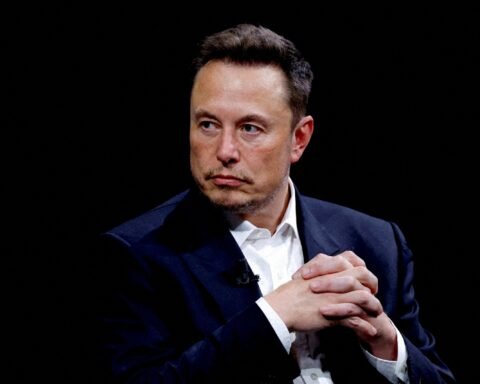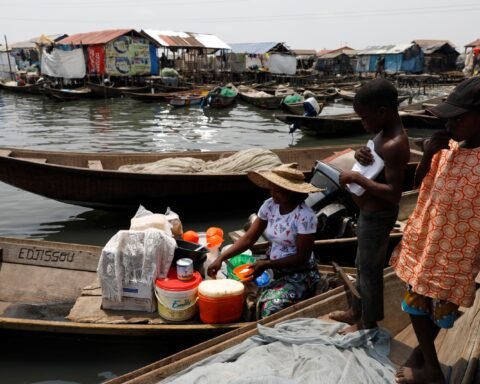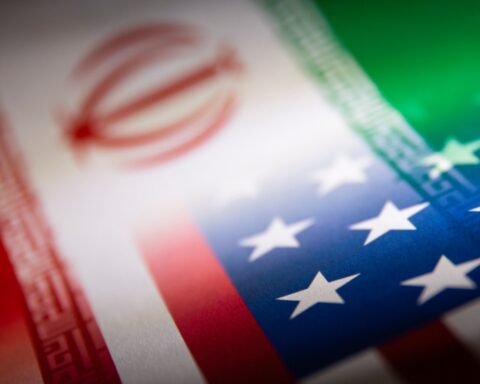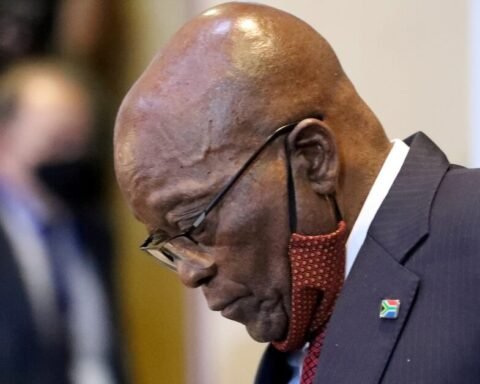As global power dynamics continue to evolve, Brazil has assumed the presidency of BRICS, stepping into a diplomatic spotlight during a time of rising tension between China and the United States.
This year, under the guidance of President Luiz Inácio Lula da Silva, Brazil’s leadership of the bloc marks a renewed focus on global reform and inclusivity. The country’s presidency comes at a pivotal moment, as developing nations seek a stronger voice in global governance systems such as the United Nations, World Bank, and the International Monetary Fund.
“We are working to ensure BRICS reflects today’s world—not yesterday’s,” a senior Brazilian diplomat told the press, emphasizing the coalition’s commitment to multilateralism over division.
A Bloc in Transition
BRICS, once limited to five nations—Brazil, Russia, India, China, and South Africa—is undergoing transformation. In 2024, the bloc welcomed five new members: Saudi Arabia, Egypt, the United Arab Emirates, Ethiopia, and Iran, signaling a broader South-South realignment.
Brazil is aiming to use this expansion to promote collaboration on climate finance, artificial intelligence, and fairer international trade—areas where developing economies often face systemic disadvantages.
Climate Takes Center Stage
With the countdown to COP30 already underway, Brazil is also preparing to host the world’s most important climate summit in Belém, Pará, in the heart of the Amazon rainforest. This location is more than symbolic—it reflects Brazil’s intention to spotlight rainforest preservation and indigenous rights as central to global climate policy.
Environment Minister Marina Silva, a renowned conservationist, is leading the charge. She has called for developed nations to commit to a $1.3 trillion climate finance package to help the Global South transition toward sustainable economies.
“Brazil wants to lead by example, not just in rhetoric but through action,” Silva told environmental leaders earlier this year.
Also Read; What the BRICS Could Learn from the African Union
Oil, AI, and the Tightrope of Leadership
Yet Brazil’s balancing act is not without tension. The Lula administration has faced criticism for exploring oil projects near ecologically sensitive regions—including the Amazon basin—sparking pushback from environmental groups. Lula has responded by promising “responsible exploration” guided by science and indigenous consent.
Meanwhile, as AI becomes a geopolitical battleground, Brazil is taking steps to establish a global framework for artificial intelligence governance. The goal is to ensure that innovation benefits all, not just powerful tech nations. Officials hope to raise ethical questions, data rights, and digital sovereignty as core global issues during Brazil’s term.
Looking Ahead
For Brazil, this moment is not merely about BRICS—it’s about positioning itself as a bridge builder between industrialized nations and the emerging world. Lula’s leadership philosophy is rooted in dialogue, peace, and pragmatic partnerships.
“We are not here to pick sides in a Cold War revival,” Lula said in a recent interview. “We are here to offer an alternative model of cooperation—one that is just, inclusive, and sustainable.”

